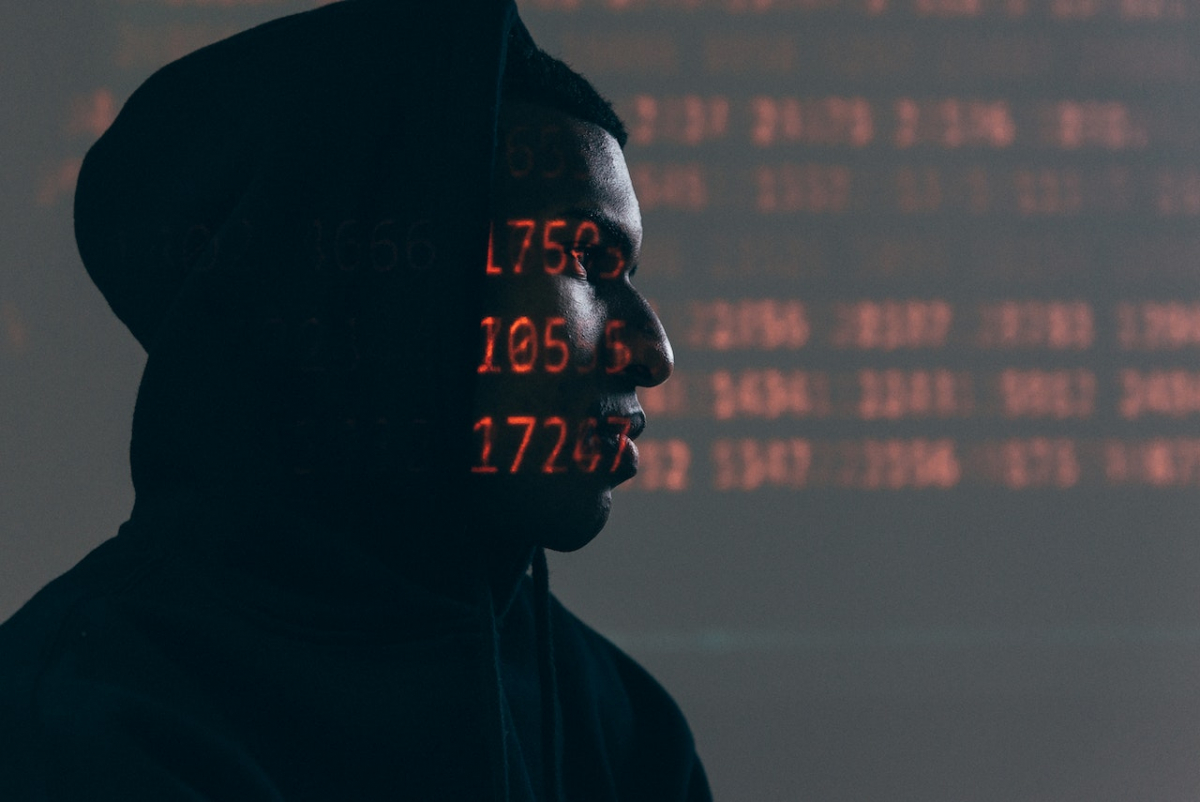The internet has brought with it an unprecedented level of convenience and accessibility to the world. We can now communicate with our loved ones from across the globe, research any topic we want, and shop for anything we need, all from the comfort of our homes. However, the internet also has a darker side, one that is often hidden from plain sight. Cybercrime, online scams, identity theft, and cyberbullying are just a few of the many dangers that lurk in the shadows of the internet. In this digital age, it's more important than ever to protect yourself online. In this article, we'll explore the dark side of the internet and provide you with some practical tips on how to stay safe and secure in the online world.
The Dangers Of The Dark Web
The internet consists of three main layers: the surface web, the deep web, and the dark web. The surface web is where we spend most of our time, browsing websites, and using search engines like Google. The deep web is the part of the internet that is not indexed by search engines and includes things like password-protected websites, private databases, and government records. The dark web, on the other hand, is a hidden part of the internet that can only be accessed through special software like Tor.
The dark web is a haven for illegal activities, including drug trafficking, human trafficking, and the sale of stolen information. Criminals use the anonymity provided by the dark web to conduct their nefarious activities without fear of being caught. However, it's important to note that not everything on the dark web is illegal. There are also legitimate websites that use the anonymity provided by the dark web to protect the privacy of their users. For example, journalists and activists in countries with oppressive governments use the dark web to communicate securely and anonymously.
So, how can you protect yourself from the dangers of the dark web? The best way is to avoid it altogether. Don't download Tor or any other software that allows you to access the dark web. If you accidentally stumble upon the dark web, don't click on any links, and immediately close your browser.
Cyberbullying And Online Harassment
Cyberbullying and online harassment are serious issues that affect people of all ages, genders, and backgrounds. With the rise of social media and online communication, it's easier than ever for bullies to hide behind anonymous usernames and harass their victims from the safety of their own homes.
The effects of cyberbullying can be devastating, leading to depression, anxiety, and even suicide. If you or someone you know is being cyberbullied, it's important to take action. Don't respond to the bully, as this will only fuel their behavior. Instead, block them and report them to the platform they are using. Most social media platforms have reporting tools that allow you to report abusive behavior.
It's also important to educate children about the dangers of cyberbullying and online harassment. Teach them to be kind and respectful online and to report any abusive behavior they encounter. Encourage them to talk to you or another trusted adult if they are being bullied online.
Identity Theft And Online Scams
Identity theft and online scams are two of the most common dangers that people face online. Identity theft occurs when a criminal steals your personal information, such as your name, address, and social security number, and uses it to open accounts or make purchases in your name. Online scams, on the other hand, are fraudulent schemes that trick people into giving away their money or personal information.
To protect yourself from identity theft and online scams, it's important to be vigilant. Don't give out your personal information online unless it's absolutely necessary. Be wary of unsolicited emails or phone calls asking for personal information or money. If an offer seems too good to be true, it probably is.
You can also protect yourself by using strong passwords and enabling two-factor authentication on your accounts. Two-factor authentication adds an extra layer of security by requiring a code sent to your phone or email in addition to your password.
Protecting Your Privacy Online
Protecting your privacy online is essential for staying safe and secure in the digital world. There are several steps you can take to protect your privacy, including:
- Use a VPN: A VPN, or virtual private network, encrypts your internet traffic and hides your IP address, making it more difficult for hackers and advertisers to track you online.
- Use a privacy-focused browser: Browsers like Firefox and Brave are designed with privacy in mind and block trackers and ads that can compromise your privacy.
- Use encrypted messaging apps: Encrypted messaging apps like Signal and WhatsApp use end-to-end encryption to protect your messages from being intercepted by anyone other than the intended recipient.
- Use a password manager: Password managers like LastPass and 1Password store your passwords securely and generate strong passwords for you.
How To Avoid Phishing Attacks
Phishing attacks are one of the most common types of cyber attacks. They involve the use of fraudulent emails or websites that mimic legitimate ones in order to trick people into giving away their personal information or money.
To avoid phishing attacks, it's important to be vigilant. Don't click on links in emails or messages from unknown senders. Check the URL of a website before entering any personal information to make sure it's legitimate. If you're unsure whether an email or website is legitimate, contact the company directly to verify.
Password Security And Two-Factor Authentication
As mentioned earlier, using strong passwords and enabling two-factor authentication are essential for protecting yourself online. A strong password should be at least 12 characters long and include a mix of uppercase and lowercase letters, numbers, and symbols. Avoid using the same password for multiple accounts.
Two-factor authentication adds an extra layer of security by requiring a code sent to your phone or email in addition to your password. Most online accounts, including email, social media, and banking accounts, offer two-factor authentication as an option.
Using A VPN For Added Protection
A VPN, or virtual private network, encrypts your internet traffic and hides your IP address, making it more difficult for hackers and advertisers to track you online. A VPN can also help you bypass geo-restrictions and access content that is blocked in your country.
When choosing a VPN, it's important to choose a reputable provider that does not log your internet activity. Some popular VPNs include NordVPN, ExpressVPN, and Surfshark.
Teaching Children About Online Safety
Teaching children about online safety is essential for protecting them from the dangers of the internet. Start by setting rules and boundaries for internet use, such as limiting screen time and monitoring their online activity. Teach them to be kind and respectful online and to never share personal information or pictures with strangers.
It's also important to talk to your children about the dangers of cyberbullying and online harassment and encourage them to talk to you or another trusted adult if they are being bullied online.
Conclusion And Final Thoughts
The internet has revolutionized the way we live, work, and interact with each other. However, with all the benefits that the internet has to offer, there is also a darker side that we need to be aware of. Cybercrime, online scams, identity theft, and cyberbullying are just a few of the many dangers that lurk in the shadows of the internet.
Protecting yourself online is essential in this digital age. By following the tips outlined in this article, you can stay safe and secure in the online world. Remember to be vigilant, use strong passwords and two-factor authentication, and educate yourself and your children about online safety. With these precautions in place, you can enjoy the benefits of the internet without falling victim to its darker side.

